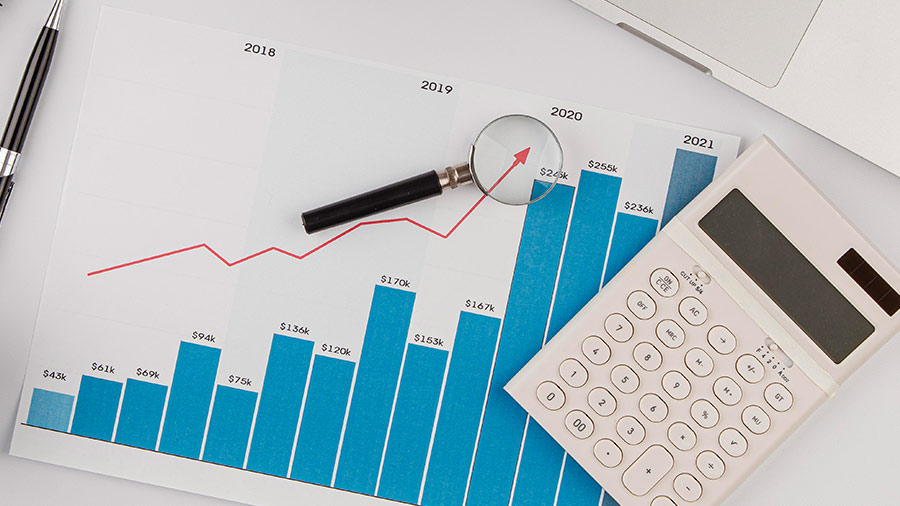Transfer pricing
Transfer pricing in Indonesia is regulated under the Income Tax Law of 2008, which authorizes a tax officer to re-determine the tax income of a taxpayer who has a ‘special relationship’ with other taxpayers.
Transfer pricing applies to companies that transact between companies from the same group, such as a subsidiary, or other ‘related’ parties. The individuals or entities are related if:
- One party has direct or indirect control of the other (e.g., head offices or branch offices); or
- Both parties are under the control of the same persons or entity (e.g., several subsidiaries being owned by the same parent company).
Such conditions can give rise to preferential pricing between the parties, which could lead to the hiding of profits and underpaying taxes.
Under the Income Tax Law, a special relationship is deemed to exist if:
- The taxpayer owns capital participation either directly or indirectly of at least 25 percent of another taxpayer;
- The relationship between taxpayers through ownership of at least 25 percent of two or more taxpayers;
- A family relationship through marriage or blood; or
- The participation in management or technology even if there is no ownership.
The arm’s length principle
The arm’s length principle is accepted in Indonesia as the standard guide to transfer pricing. Under this principle, profits are taxed on where the profits are generated and where the real economic activities have occurred.
What are the required documents?
The three-tiered system to transfer pricing documentation consists of the following documents:
- A master file, that consists of the standardized information related to the business group;
- Structure and ownership of each member of the group;
- Any intangible assets owned by the group;
- The business activities of the group; and
- Consolidated financial statements;
- A local file, that consists of information specifically related to the transactions of the local taxpayer;
- Business identity and activities of the taxpayer;
- The related party transaction information;
- Determination of the arm’s length principle; and
- The taxpayers’ financial information; and
- A country-by-country report (CbC), which relates to the global allocation of the group’s income and taxes.
Master and local file documentation obligations are imposed on taxpayers who, apart from having related-party transactions, must meet the following criteria:
- Have gross revenue of more than 50 billion rupiah (US$3.4 million) for the previous fiscal year;
- Taxpayers that conduct related-party transactions exceeding 20 billion rupiah (US$1.37 million) in the previous fiscal year;
- Taxpayers that conduct related-party transactions exceeding five billion rupiah (US$344,000) pertaining to services, interest payments, or intangible goods; or
- Taxpayers that conduct transactions with related parties located in a jurisdiction with a lower income tax rate than Indonesia.
The CbC reporting obligations are imposed on taxpayers that fulfill the following criteria:
- Taxpayers that are considered the parent entity of a group with consolidated gross revenue of 11 trillion rupiah (US$757 million); or
- Taxpayers that are not parent entities but are members of entities of a group with an ultimate parent entity that is a tax resident in a country that;
- Does not have an exchange of information agreement with Indonesia;
- Does not make CbC reports available to the Indonesian tax authorities; or
- Do not impose obligations to file CbC reports.
Transfer pricing methods
There are five transfer pricing methods for tangible or intangible transactions in Indonesia. These are:
- The comparable uncontrolled price (CUP) method;
- The cost-plus method;
- The resale price method;
- The profit split method; and
- The transactional net margin method (TNMM).
The CUP method is the most favored method used by Indonesia’s Directorate General of Taxes (DGT), such as for royalty and interest payments. If the CUP method is not applicable, then the Indonesian tax authorities will apply the TNMM method.
Advance pricing agreement
An Indonesian taxpayer can submit the advance pricing agreement (APA) through a tax office where the taxpayer is registered based on:
- The initiative from the taxpayer through a unilateral or bilateral APA; or
- A written application submitted to the DGA for a bilateral APA from an overseas taxpayer.
APA application withdrawal and renewal
Taxpayers can withdraw from an APA application before the APA negotiation has been completed. A taxpayer, however, can submit an APA renewal application to the DGT within 12 months and up to six months before the last fiscal year.










